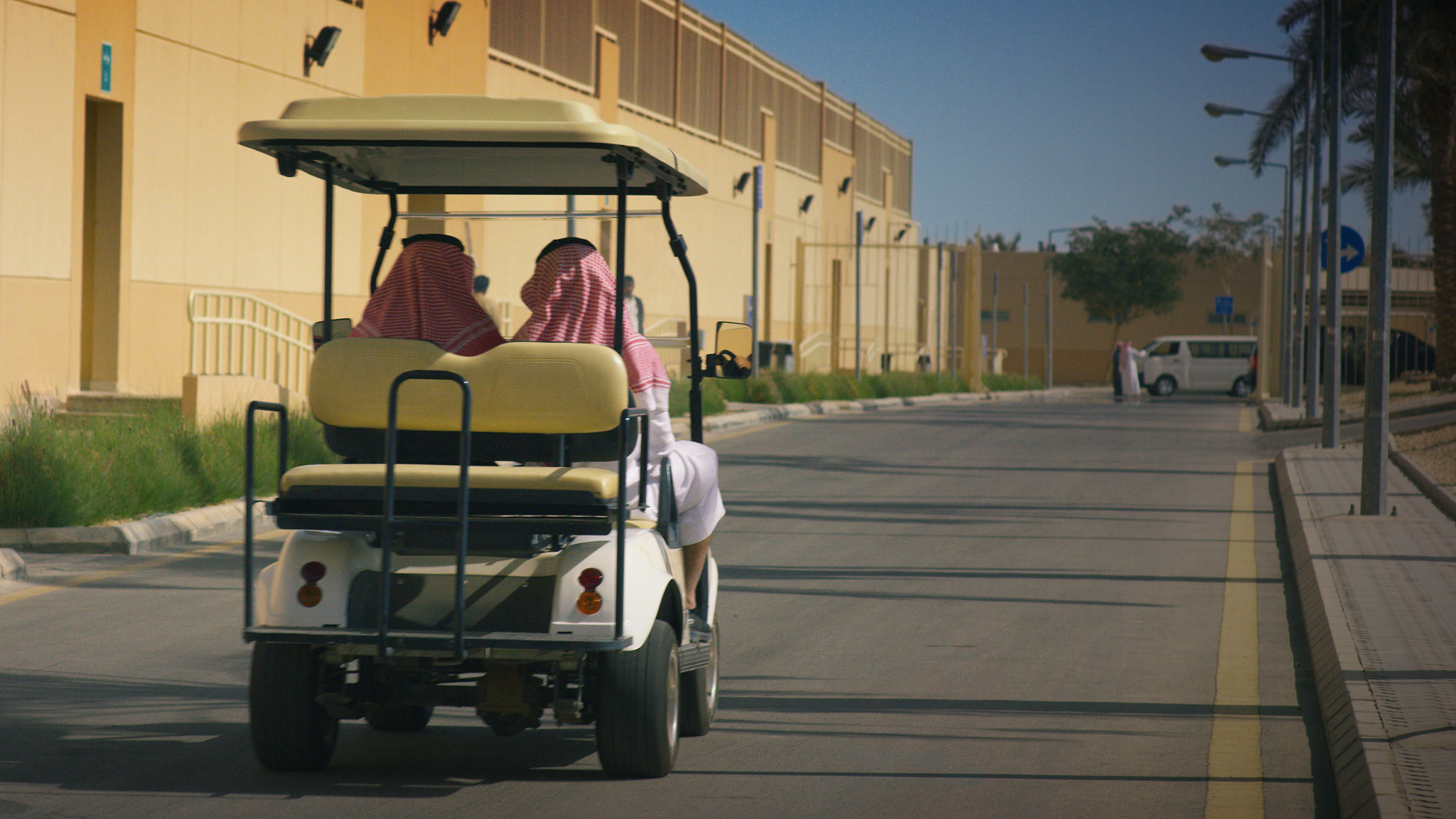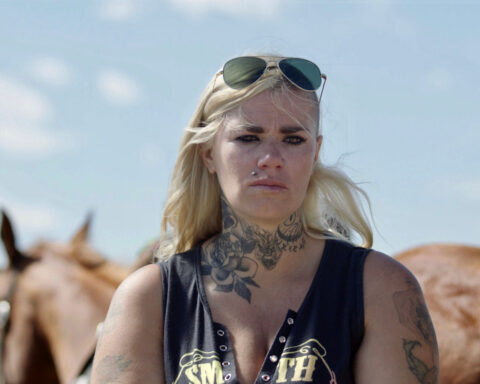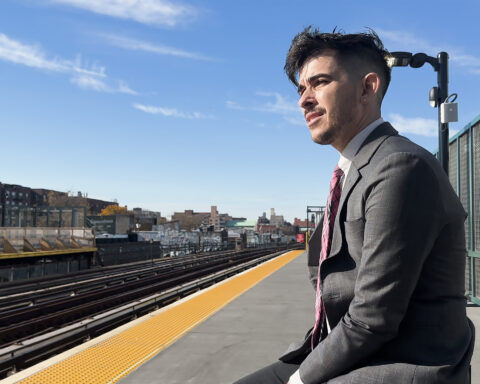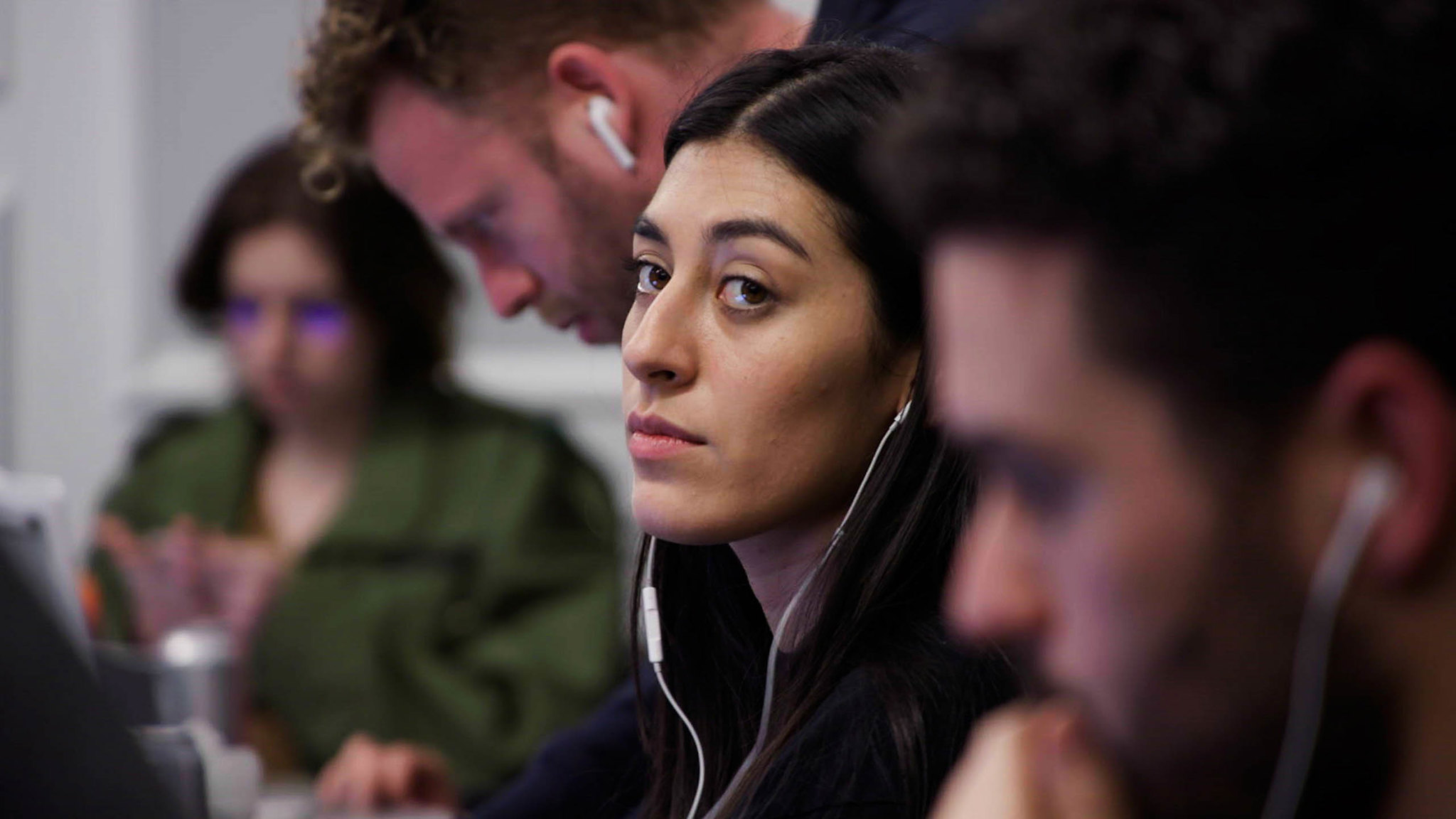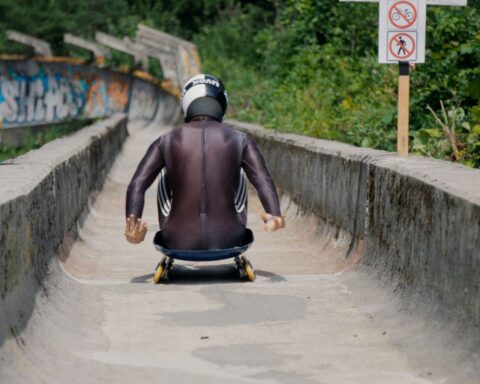Jihad Rehab
(USA, 112 min.)
Dir. Meg Smaker
Programme: U.S. Documentary Competition (World Premiere)
I think Meg Smaker approached the unfortunately-titled Jihad Rehab with good intentions. I really do. However, the shrewdest move a filmmaker can sometimes make is to step back from a project. Jihad Rehab could have benefited from more experience, both professional and lived, for its tough questions. Alternatively, a co-director or simply another director might have yielded the right approach. Smaker, a former firefighter turned filmmaker, draws upon a period of her life spent in the Middle East. Some time in Afghanistan and a few years in Yemen might be enough to learn Dari and Arabic, but they’re not enough to comprehend a culture that is very different from the one that shaped one’s worldview.
One suspects that the filmmaker’s prior work as a firefighter is key here. 20 years old when 9/11 happened, Smaker herself recounts that the event changed her perspective when she saw many of her colleagues race into the inferno of the World Trade Center and die while trying to save their fellow Americans. The inspiration to learn more is admirable, but Jihad Rehab mostly reinforces the stereotypes that exploded post-9/11 as Smaker seeks closure for collective trauma.
Drawing upon the questions she had as a young firefighter confronting her limited worldview after 9/11, as well as her experience being kidnapped in Colombia and a few Dostoevsky quotes, Smaker considers what drives young men to become terrorists. Jihad Rehab asks why people commit grievous acts of violence and whether they understand the emotional toll their actions leave on survivors. The documentary sees Smaker interview four Yemeni men undergoing a rehabilitation process at a facility in Saudi Arabia. (The documentary notes their names, but this review will not use them.)
Access and Ethics
Smaker learns how the rehab strives to help men unlearn extremist ideology before re-entering society. It teaches them life skills about a world they barely know. Interviewees recall their time at Guantanamo in gripping detail. Others reflect upon seeing the fruits of their labour on 9/11. One man cries when he recalls the images of people jumping from the towers of the World Trade Center. “That is not victory,” he admits.
These questions seek to humanise the men, but they still frame them as terrorists. Jihad Rehab inadvertently perpetuates the stereotypes that it seeks to overcome. If audiences find the doc compelling because it offers images of grown men crying over acts of terrorism in which they participated, then it’s merely post-9/11 catharsis for western audiences. But it’s hard to see how anyone involved benefits from the production.
The access one sees in Jihad Rehab is, admittedly, extraordinary. Smaker gains entry to a secret high-security facility and gets facetime with men who were detained in Guantanamo for heinous crimes. These interviews were obviously not easy gets.
Access alone isn’t enough to fuel a documentary, however. With access comes responsibility and Jihad Rehab proves immediately uncomfortable. For one, the interviews begin with title cards that list the charges each man faced. Put another way, Jihad Rehab introduces each men as terrorists even though they’re presumably undergoing a transformation. They’re branded from the start. In one case, though, the detainee’s chief crime was being the brother of one of Osama bin Laden’s right-hand men. These men, moreover, have spent nearly half their lives in detention. The film struggles to fulfill its empathetic portrait of Middle Eastern life by limiting its view largely to prison cells, interrogation rooms, and shots of men charging their ankle monitors.
Uncomfortable Power Dynamics
Interviews also invite a power dynamic that lend authority to the person asking the questions. The questions reflect a Western perspective and an inquisitive mind in search of closure. But, again, the line of questioning has men on the defensive. Questions like, “Would you commit jihad again?” arise instead of open queries about the lives and families of the interviewees. More than one man expresses discomfort with the questioning. Another leaves the interview entirely and ceases communication. It’s as if the men are being re-traumatized by the interrogation process. (See the Sundance doc Framing Agnes for a powerful study in interview dynamics.)
Smaker’s carefully worded press kit admirably lists all the cautionary measures that she and her team undertook. But safety and security matter only so much when the methodology is flawed from the outset. If the intent is to “humanize” the Middle East, terrorism shouldn’t be the starting point.




